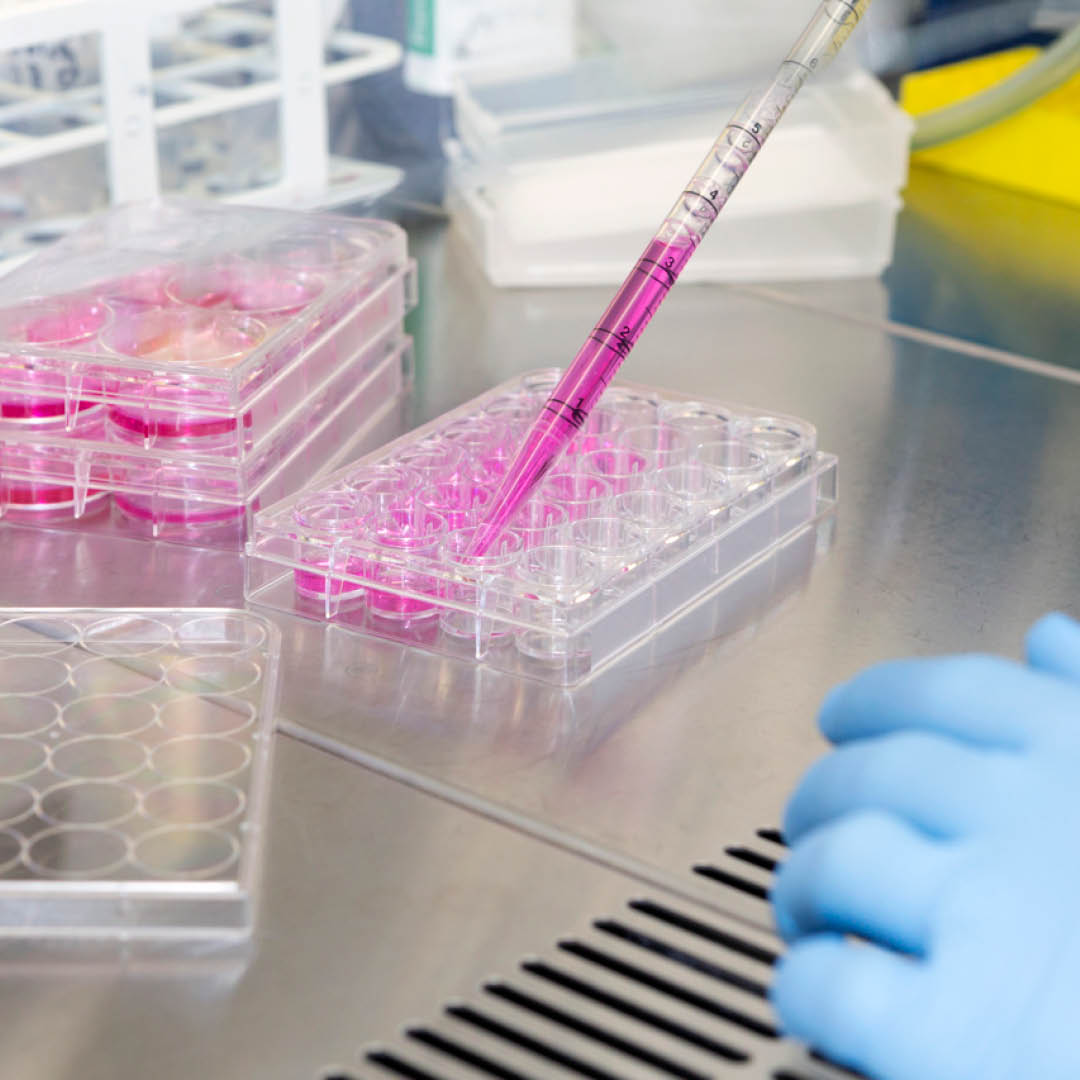
Gene regulation by EZH2 and OGT in mammals

Gene expression in eukaryotic cells is regulated at multiple levels, including transcription and translation. Transcription is modulated by sequence-specific transcription factors whose activity is influenced by the local chromatin environment.
Reversible posttranslational modifications (PTMs) of histones and other nuclear proteins serve as molecular switches that either enhance or repress transcription, depending on the nature of the modified residues. My presentation will explore the causal roles of two specific PTMs in regulating gene expression during mammalian embryonic development: H3K27me3 and O-GlcNAc glycosylation.
In the first part, I will discuss a study in which we dissociated the Polycomb repressive complex 2 (PRC2) from its enzymatic activity in vivo, revealing its distinct functions. In the second part, I will present our findings on how reversible intracellular glycosylation (O-GlcNAc) modulates gene expression in mammalian cells.